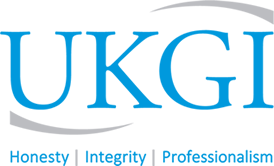Join Us
If you would like to request access to our online Compliance Manual and supporting library of documents, useful templates and home to our Regulatory Bulletins, please contact us below.
UKGI Compliance Manual Login
For general enquiries please contact us on:
0844 573 7916
info@ukgigroup.com
